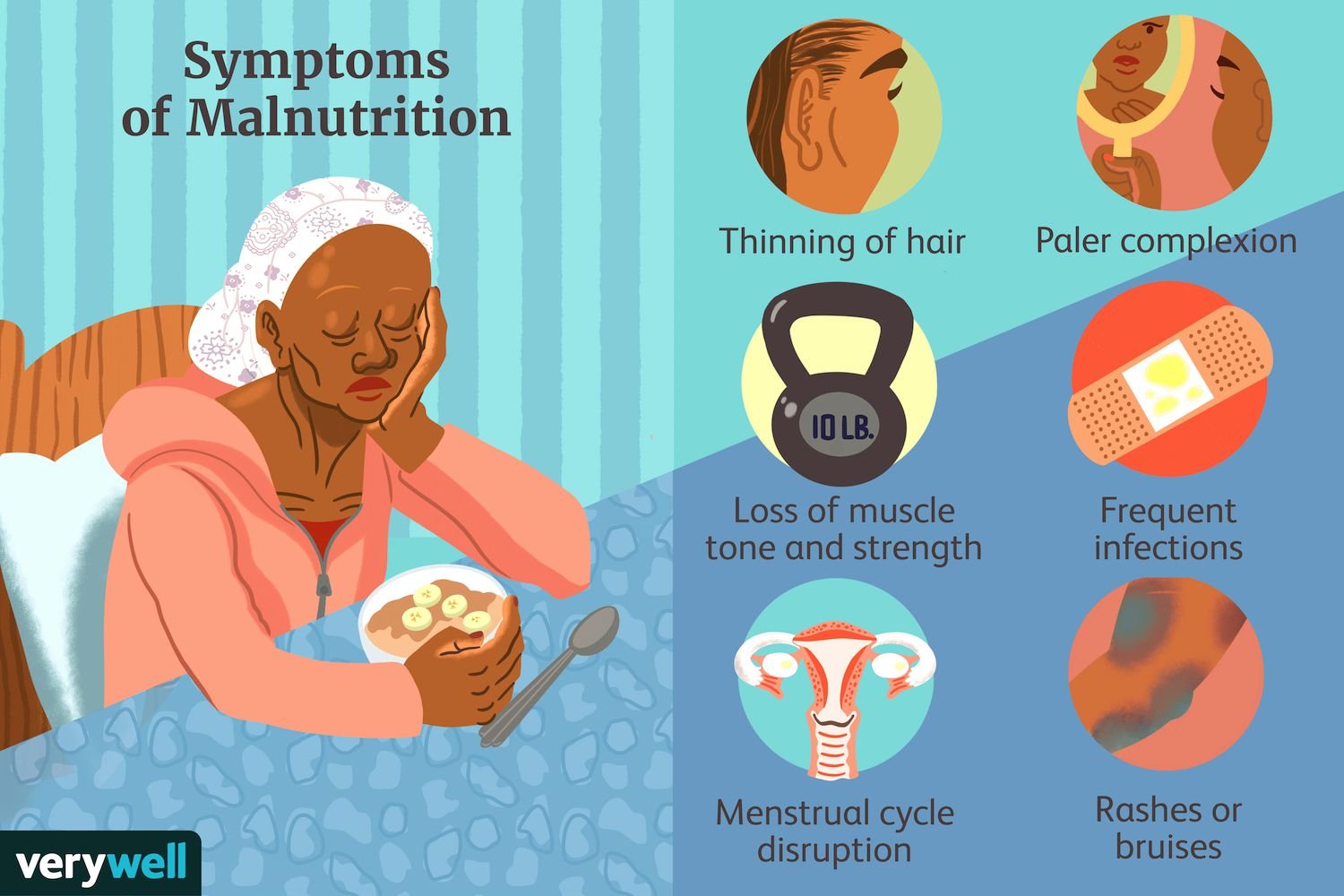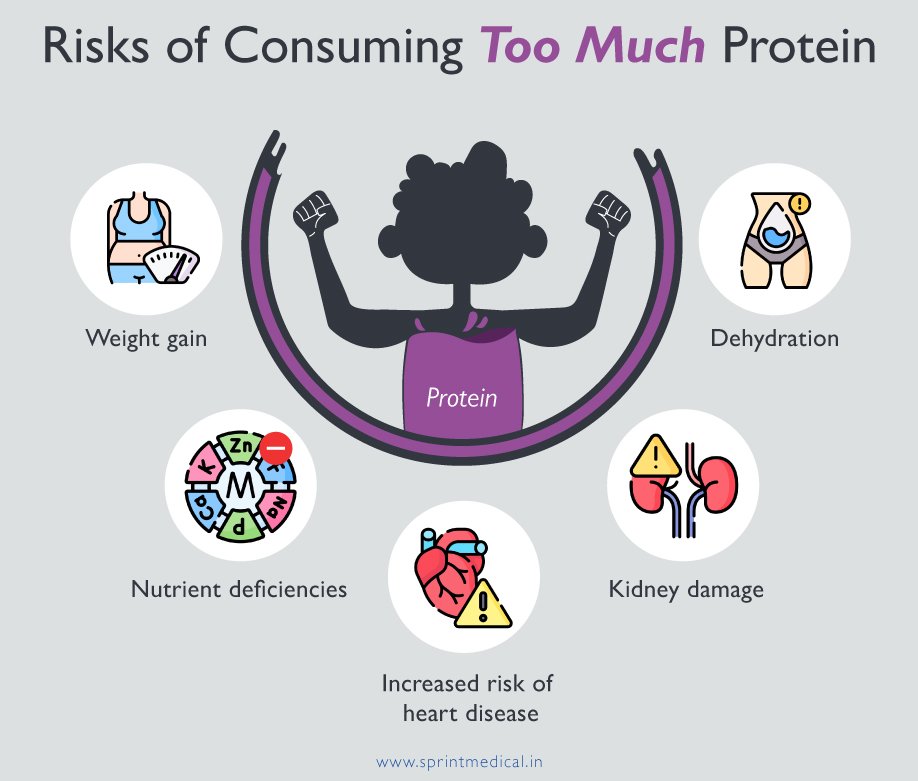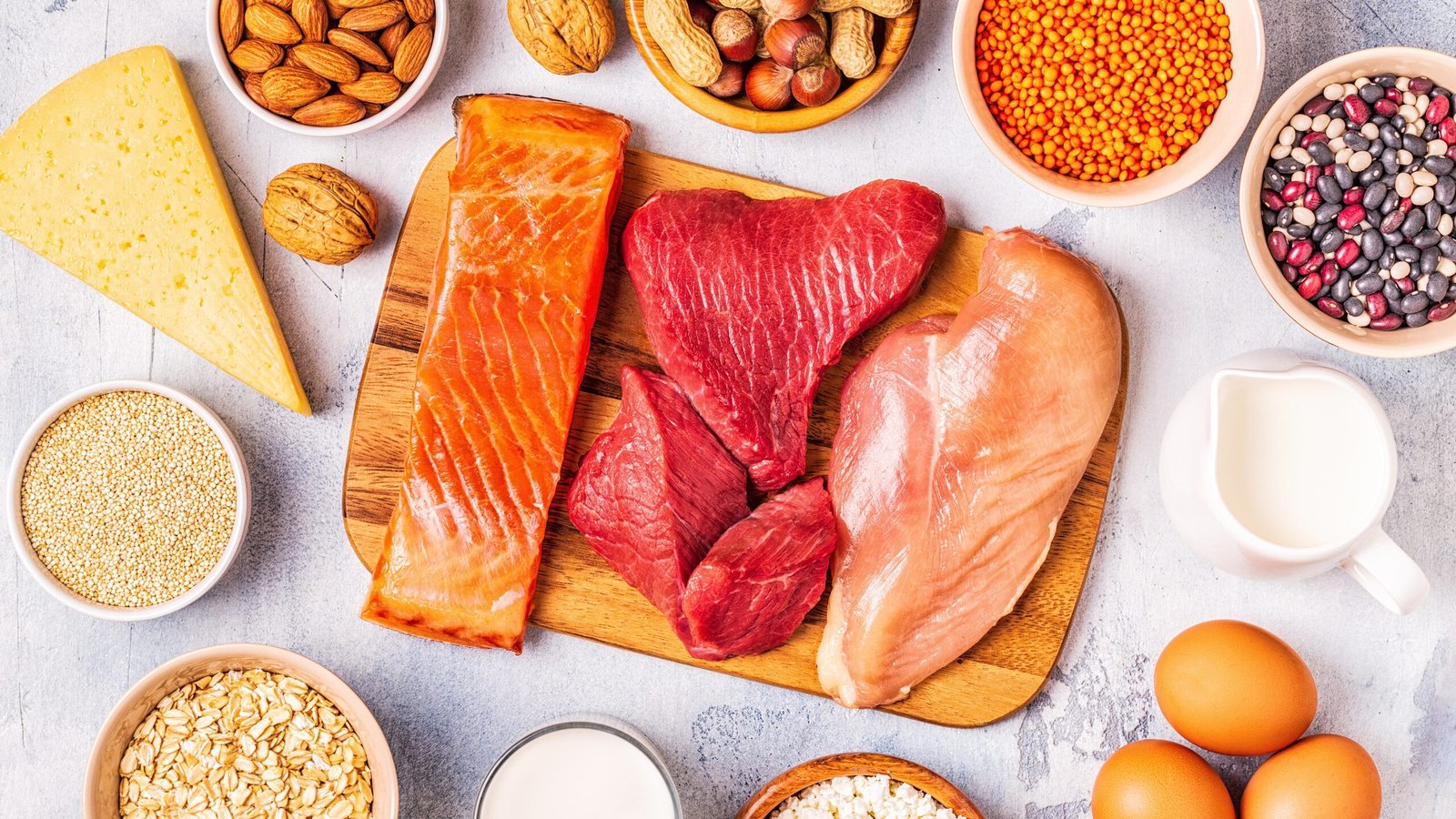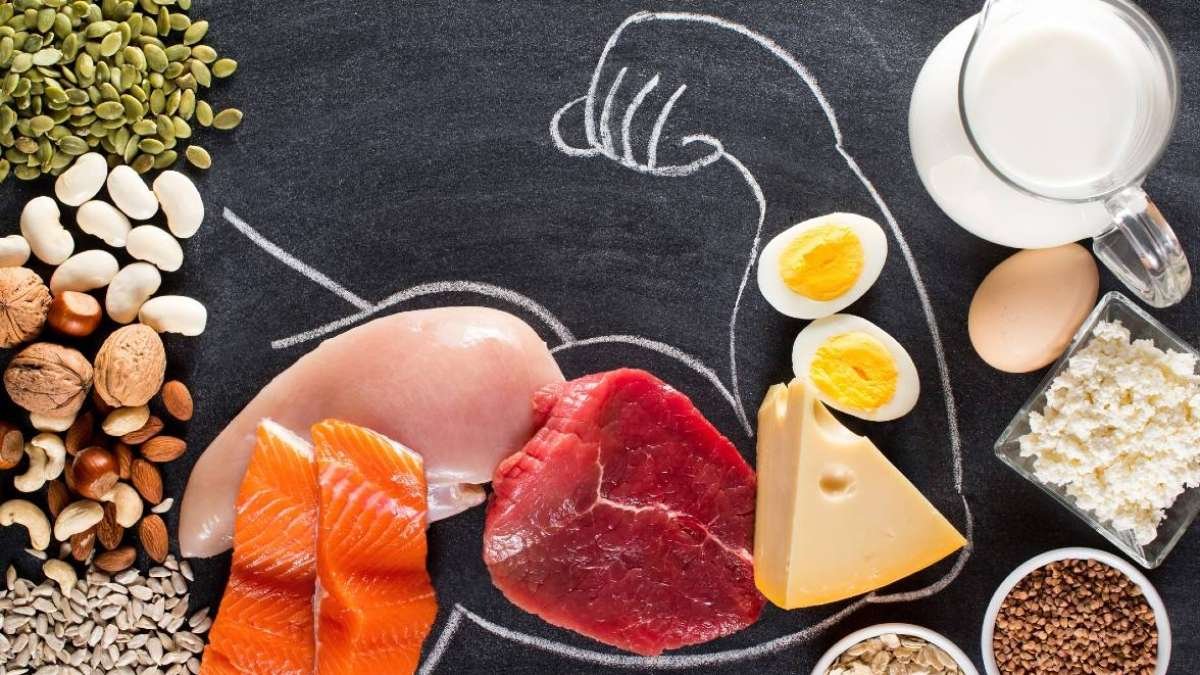What would happen to your body if you consistently ate too little protein? It’s a question worth considering, especially if you’re following a restrictive diet or simply don’t pay enough attention to your protein intake. Protein is an essential nutrient that plays many critical roles in your overall health.
Understanding Protein and Its Importance
Protein is one of the three macronutrients your body needs, along with carbohydrates and fats. It consists of amino acids, which are the building blocks of body tissues, hormones, enzymes, and even certain neurotransmitters. When you think about muscle repair, immune function, and hormonal balance, protein is at the center of it all.
What Happens When You Don’t Get Enough Protein?
When your protein intake falls short, various consequences can arise. Your body won’t have enough amino acids to perform essential functions, leading to several potential health issues.
Muscle Loss
One of the most concerning effects of insufficient protein intake is muscle loss. Your body needs protein to repair and build muscle tissues. Without enough protein, you may begin to lose muscle mass, particularly if you are also engaging in physical activities or resistance training.
Fatigue and Weakness
If you notice that you’re feeling more fatigued than usual, a lack of protein might be the culprit. Protein helps maintain energy levels by providing a stable source of energy. When your body lacks protein, you may feel weak and less motivated to engage in daily tasks.
Immune System Compromise
Did you know that protein plays an integral role in immune function? Insufficient protein can compromise your immune system, making you more susceptible to illnesses and infections. If you find yourself frequently getting sick, evaluating your protein intake may be beneficial.
Slowed Healing Process
Whether it’s a cut, a bruise, or even after a workout, your body needs protein to heal. A deficiency can slow down your healing process, leaving you feeling frustrated and potentially prolonging your recovery time from injuries or illnesses.
Hair, Skin, and Nail Problems
Many people overlook the role of protein in maintaining healthy skin, hair, and nails. Protein deficiencies can lead to brittle nails, thinning hair, and various skin issues. If you’re experiencing hair loss or brittle nails, it might be time to assess your diet.
Mood Changes
Your body’s neurotransmitters, which regulate mood, are often made from amino acids derived from protein. If you aren’t consuming enough, you may find yourself feeling irritable or down. Balancing your protein intake can contribute to emotional well-being.

The Recommended Daily Allowance (RDA) for Protein
So, how much protein do you actually need? The Recommended Dietary Allowance (RDA) varies depending on several factors, including age, sex, and level of physical activity.
General Guidelines
- Adults: It’s generally recommended that adults consume about 0.8 grams of protein per kilogram of body weight. For someone weighing 70 kg (approximately 154 pounds), this would amount to around 56 grams of protein per day.
- Active Individuals: If you are physically active, especially if you engage in resistance training or endurance exercises, your protein needs may be higher. Aim for 1.2 to 2.0 grams per kilogram of body weight, depending on your activity level.
Protein Needs for Specific Groups
| Group | Recommended Daily Intake |
|---|---|
| Sedentary Adult | 0.8 g/kg |
| Active Adult | 1.2 – 2.0 g/kg |
| Older Adults | 1.0 – 1.2 g/kg |
| Pregnant/Breastfeeding | 1.1 – 1.3 g/kg |

How to Increase Your Protein Intake
If you discover that you’re not meeting your protein requirements, there are plenty of delicious ways to boost your intake!
Include Protein-Rich Foods in Every Meal
Start by incorporating protein-rich foods into every meal. Think about lean meats, poultry, fish, eggs, legumes, nuts, and dairy products. You could enjoy a grilled chicken salad for lunch or some Greek yogurt with your breakfast.
Snack Smartly
Snacks are a great opportunity to add extra protein to your diet. Instead of reaching for chips or cookies, consider a handful of almonds, a protein bar, or some string cheese. You’ll feel fuller for longer and nourish your body at the same time.
Blend It Up
Smoothies can be an easy and enjoyable way to increase your protein intake. Mix protein powder, yogurt, or cottage cheese with fruits and vegetables to create a nutrient-packed drink. You can customize it to suit your taste preferences, making it a fun way to fuel your body.
Use Legumes and Pulses
Legumes and pulses like lentils, chickpeas, and black beans are fantastic protein sources. They can be added to soups, salads, and even blended into dips like hummus. Not only do they offer protein, but they also provide important nutrients such as fiber.
Experiment with Plant-Based Proteins
If you’re exploring plant-based options, you can turn to quinoa, tofu, tempeh, and seitan for additional protein. These foods can often be easily incorporated into your meals, whether as a base or an addition.
Consider Protein Supplements
If you find it challenging to meet your protein needs through food alone, protein supplements can be a convenient option. Whey, casein, soy, or pea protein powders can all help you boost your intake without much fuss.

Are There Any Risks to Eating Too Much Protein?
While protein is essential, overeating it can also come with risks. Your body can only utilize a certain amount of protein at a time, and excessive consumption can lead to health issues.
Kidney Strain
A high-protein diet, especially from animal sources, may place extra strain on your kidneys. If you have pre-existing kidney conditions, it’s crucial to consult with your healthcare provider before dramatically increasing your protein intake.
Dehydration
Increased protein intake can cause your body to excrete more nitrogen, which can potentially lead to dehydration. Ensure that you are drinking enough water to reconcile your protein consumption.
Nutritional Imbalance
Focusing too much on protein at the expense of other nutrients can lead to an unbalanced diet. It’s essential to maintain a well-rounded nutrition plan that includes a variety of foods to meet all your macronutrient and micronutrient needs.

Should You Track Your Protein Intake?
For some individuals, tracking protein intake can be beneficial, especially if you’re trying to reach specific fitness or health goals.
Helpful Tracking Tools
There are many mobile apps and online tools available that can help you monitor your daily protein consumption. Simply input the foods you eat and get insights into your macronutrient breakdown. This can provide clarity and motivate you to prioritize protein in your diet.
Listening to Your Body
While tracking can be helpful, it’s also essential to listen to your body. If you’re feeling energized, maintaining a healthy weight, and experiencing positive health outcomes, you may not need to focus excessively on numbers.

Conclusion
Understanding the consequences of eating too little protein is vital for your overall well-being. From muscle loss to compromised immunity, insufficient protein can be detrimental in several ways. By knowing your protein needs and how to meet them, you can enhance your physical health, energy levels, and even your mood. Always consider maintaining a balanced diet that includes adequate protein along with other essential nutrients.
Being mindful of what you consume and assessing your relationship with protein is sure to benefit you. Next time you think about your meals, remember the important role protein plays in your overall health and vitality!